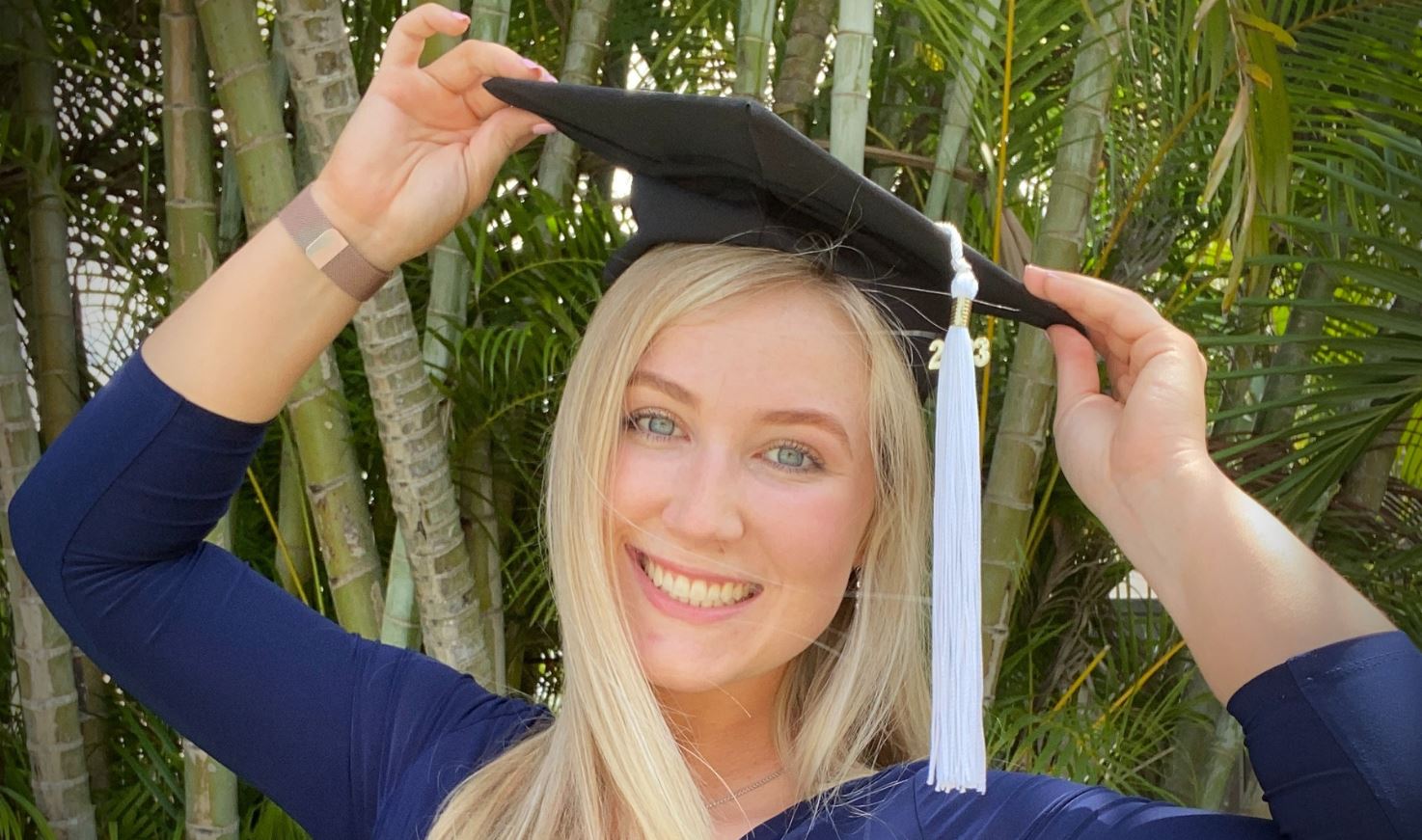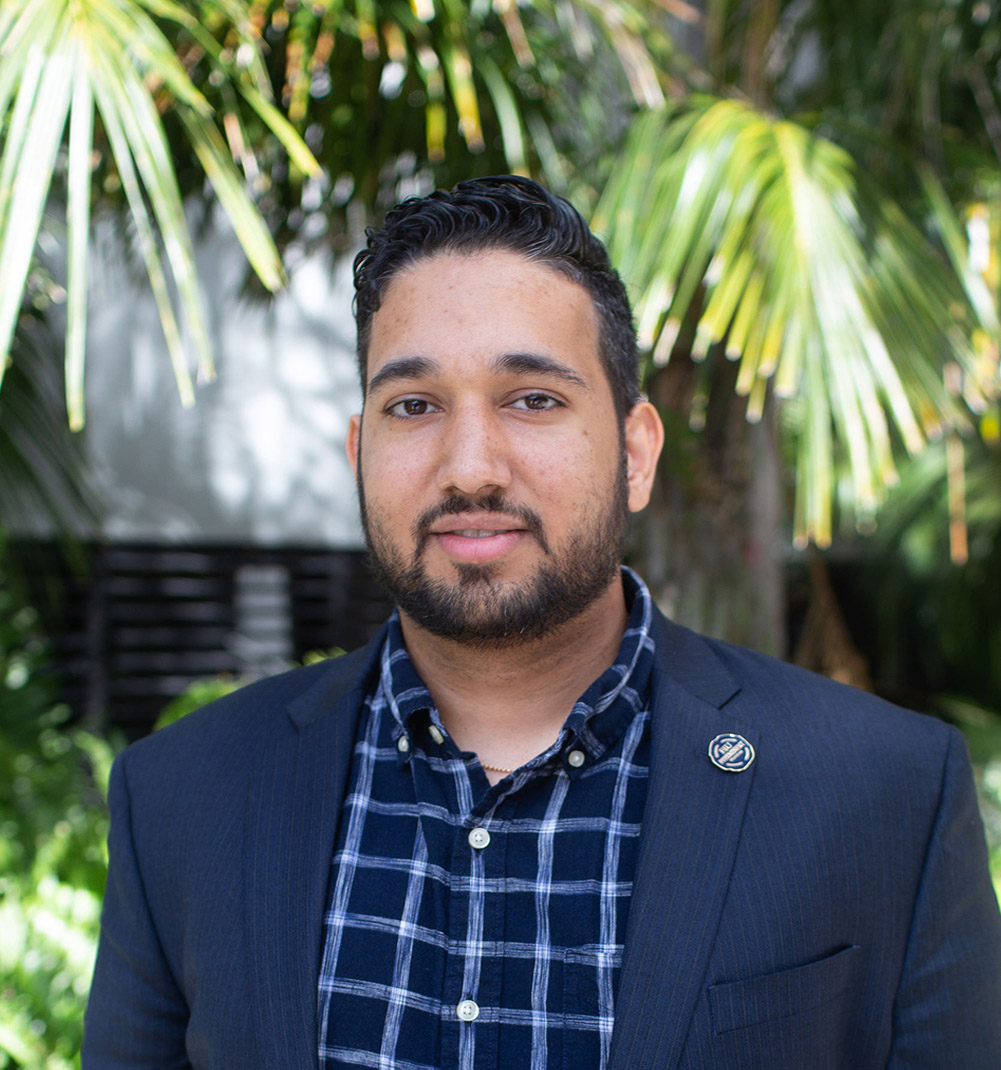This program is designed for science graduates interested in pursuing a science-based graduate curriculum that includes a research project and thesis completion under the direction of a faculty member. Practicing forensic scientists may take courses at FIU (and transfer up to six credits from another institution) and conduct the research project in their laboratory.
The goal of this program is to graduate scientists who can work as forensic science practitioners conducting casework
This program is designed to meet the requirements of the DNA Advisory Board for DNA analysts in the Technical Leader position (for DNA track students) and meets the criteria of the American Academy of Forensic Sciences (AAFS) for Forensic Science Education Programs Accreditation Commission (FEPAC) accreditation.
Admissions
All application materials should be submitted to the Office of Graduate Admissions via the online Graduate Application. Use the graduate admission checklist to get started.
Student Success
- ROIFIU ranks #8 nationally for students’ return on investment
- DegreesA competitive program, 25 Master’s of Science in Forensic Science have been awarded since 2016
- RankedMaster of Science in Forensic Science ranked one of the best on-campus programs
- ResearchRanked as best forensic masters for research in the country by Intelligent.com
- GraduationStudents graduate in less than three years on average
- RetentionProgram has a 100% retention rate for the 2021-2022 and 2022-2023 academic years

"My research project allowed me to get really comfortable and familiar with the DNA analysis process, which is what I will be using every day as a forensic lab technician. I’ve learned about the analysis process throughout my time in the classroom, but physically going through each step in the lab, using the machinery, and learning how to troubleshoot is something that you can’t get from a lecture."
- Lindsey Kaufman, Master's of Science in Forensic Science
Program
The Master of Science in Forensic Science consists of a minimum of 32 credits, including a report or thesis based upon the student's original research. For more information, consult the Graduate Catalog.
Program Contact

Julian L. Mendel
Deputy Director of Academic & Student Affairs/MSFS Graduate Program Director
Global Forensic and Justice Center
Office: OE 116C
Phone: 305-348-6211
Email: jmendel@fiu.edu